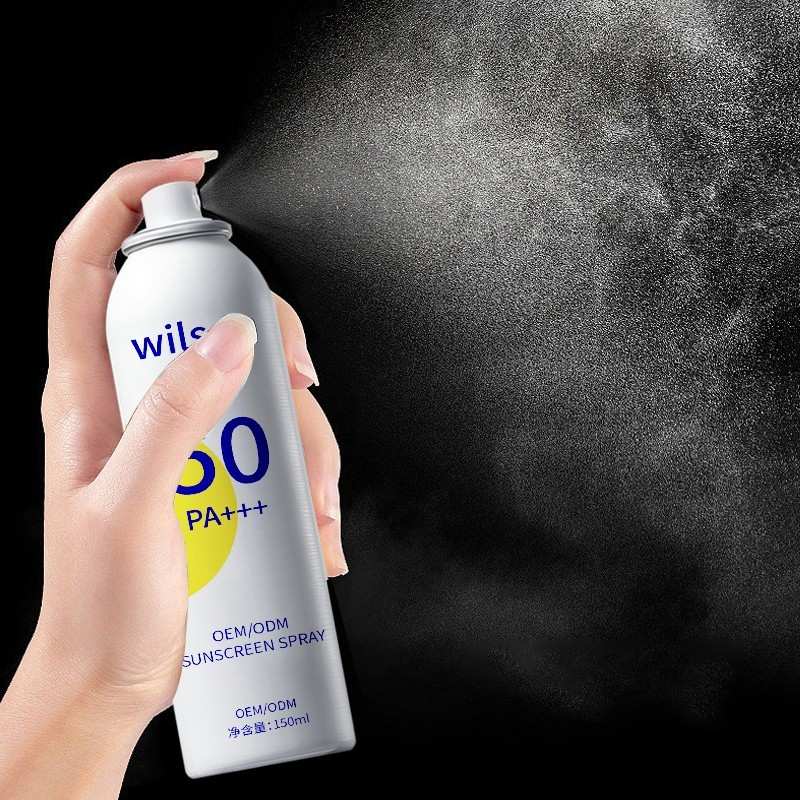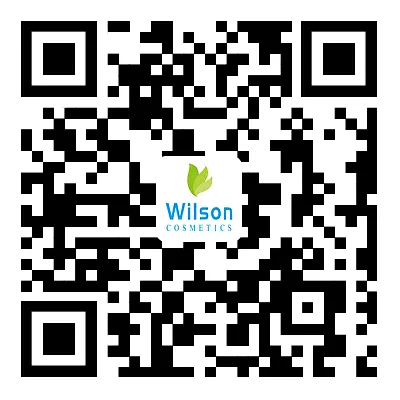- English
- Afrikaans
- שפה עברית
- icelandic
- беларускі
- Hrvatski
- Монгол хэл
- Somali
- Тоҷикӣ
- O'zbek
- Հայերեն
- Español
- Português
- русский
- Français
- 日本語
- Deutsch
- tiếng Việt
- Italiano
- Nederlands
- ภาษาไทย
- Polski
- 한국어
- Svenska
- magyar
- Malay
- বাংলা ভাষার
- Dansk
- Suomi
- हिन्दी
- Pilipino
- Türkçe
- العربية
- Indonesia
- Norsk
- تمل
- český
- ελληνικά
- український
- فارسی
- नेपाली
- Burmese
- български
- ລາວ
- Latine
- Azərbaycan
- Slovenský jazyk
- Română
- Slovenski
- Srpski језик
Should sunscreen products exported to the United States be registered as cosmetics or pharmaceuticals?
2025-11-04
In today's fiercely competitive global cosmetics market, for sun protection products (such as sunscreen and sunscreen sprays) to successfully enter the U.S. market, compliance certification is not only a legal requirement but also the cornerstone of brand credibility and consumer trust.
Sunscreen products are registered as drugs (OTC). Labels must include “SPF value,” “broad-spectrum protection” (UVA/UVB), “water-resistant,” etc. - Contains FDA-approved sunscreens: Products must use one of the 16 FDA-approved active sunscreen ingredients (e.g., zinc oxide, avobenzone) at concentrations compliant with 21 CFR 352.10.

For sunscreen products that plan to register as cosmetics in the U.S., we need to pay attention to a few key points: first, no claims can be made about the efficacy of sunscreen, only descriptions of cosmetic effects such as “moisturizing” or “brightening,” and formulations cannot contain First, no sunscreen claims can be made. A common situation to be wary of is that products that use physical sunscreens such as zinc oxide or titanium dioxide but do not list an SPF are likely to be challenged by the FDA. In addition, all ingredients must comply with the FDA's Prohibited Substances List (e.g., mercury, chloroform), and terms such as “treatment” and “protection” that are considered drugs should be avoided on product labels.
To successfully market a sunscreen in the US market, we need to complete FDA registration, obtain an NDC number, and then pass OTC certification. The reason for the rigor of these steps is to ensure the foundation of safety and efficacy of our products.
#sunscreen
#Aerosol Sunscreen
#Sunscreen Lotion
#Aerosol Sunscreen
#Body Sunscreen
#OTC Certification




